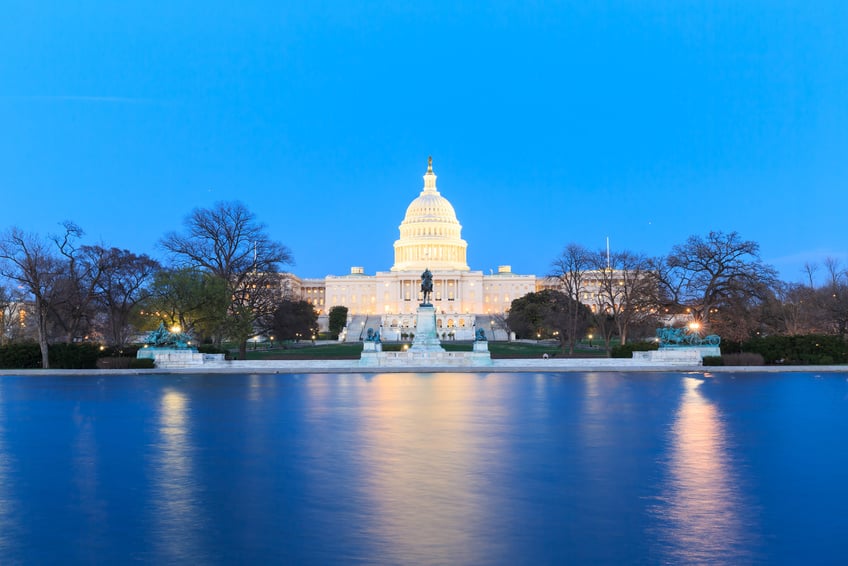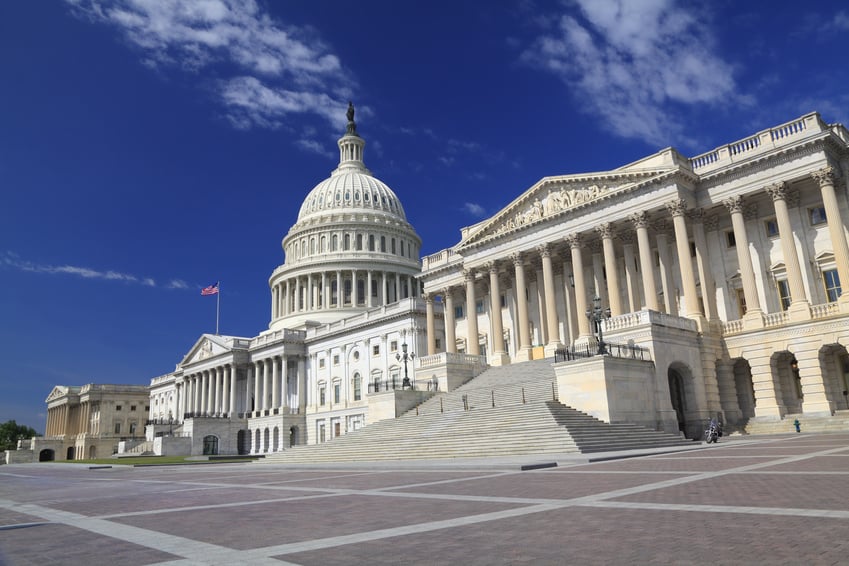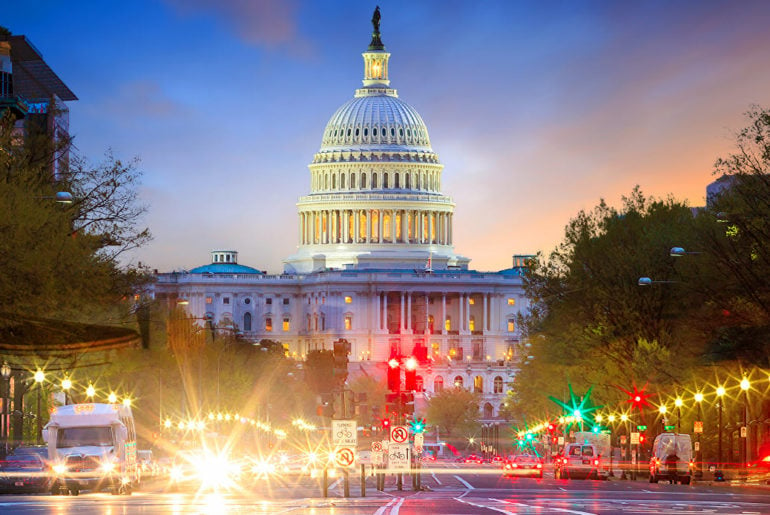On 5 January 2023, the US and Turkish governments imposed sanctions targeting four individuals and two entities determined to be associated with the financial facilitation network of the Islamic State of Iraq and Syria (ISIS).
Having to click through a gauntlet of screens to cancel recurring subscriptions. Being told you are foolish if you decline a service. Discovering you were charged extra fees that were not clearly brought to your attention earlier. Finding it hard or confusing to configure your privacy settings to high. These and similar experiences arise when you encounter “dark patterns”, a term that US authorities are increasingly using to refer to interface design strategies that manipulate users into making choices they likely wouldn’t have otherwise made and that may cause harm.
On 5 January 2023, the Federal Trade Commission voted 3-1 to propose a new rule that would significantly restrict the use of non-compete clauses between employers and employees. The FTC’s proposed rule represents the FTC’s first foray into Section 5 competition rulemaking under Chair Lina Khan. The proposed rule follows a set of enforcement actions taken by the FTC against non-compete covenants in certain employer contracts.
President Joe Biden’s omnibus spending package included three pieces of new antitrust legislation: (1) the Merger Filing Fee Modernization Act; (2) the State Antitrust Enforcement Venue Act; and (3) the Foreign Merger Subsidy Disclosure Act. The Merger Filing Fee Modernization Act will alter filing fees for transactions requiring antitrust review under the Hart-Scott-Rodino Act. The new fee structure will reduce filing fees for smaller transactions, while significantly increasing fees for the largest ones.
Many digital advertising arrangements that companies commonly use may qualify as “selling” or “sharing for cross context behavioral advertising” personal information under the California Consumer Privacy Act in California and laws in a few other US states (Nevada, Virginia, Colorado, Connecticut, Utah). Businesses state in their online privacy disclosures whether they sold or shared personal information in the last 12 months and whether they will sell or share personal information. Businesses that “sell” or “share” personal information, or use or disclose consumers’ sensitive personal information for non-exempt purposes have to treat user-enabled global privacy controls as a valid opt-out request.
On 16 December 2022, the US Department of State’s Directorate of Defense Trade Controls issued a proposed rule that would treat two additional types of transactions as activities that are not exports, reexports, retransfers, or temporary imports (“controlled events”) (and, thus, not require authorization) under the International Traffic in Arms Regulations.
US agencies such as the SEC, the CFTC and the FTC have extensive enforcement powers to seek significant financial penalties and limit or otherwise affect conduct through court injunctions or administrative orders. Companies and executives under investigation and threatened with enforcement actions by these agencies often choose to settle rather than litigate. Historically, from as cost-benefit analysis, settlement is preferable to the cost of litigation and the long term risks of extensive fights with agencies that would continue to be their regulators.
Baker McKenzie’s Sanctions Blog published the alert titled OFAC Designates Major Russian Financial Institutions and Issues New and Amended Russia-Related General Licenses; New FAQs on 20 December 2022. Read the article via the link here. Please also visit our Sanctions Blog for the most recent updates.
On 8 December 2022, the United States and Croatia signed their first convention for the avoidance of double taxation and the prevention of tax evasion with respect to taxes on income. With this development, Croatia becomes the latest, and the only remaining, European Union member state to sign its first tax convention with the US.
On 26 September 2022, the US Court of Appeals for the Eleventh Circuit, issued an opinion in United States v. Meyer, 50 F.4th 23 (11th Cir. 2022), holding that the Anti-Injunction Act, codified in Code Section 7421, did not bar a defendant taxpayer from seeking a protective order in a closed suit to restrain the government from using his admissions when assessing a tax penalty in a separate administrative proceeding.



